A person referencing themselves a "Financial Advisor" should be held to an extremely high standard.
The term “Financial Advisor” may very well be one of the most misrepresented professional titles. Reason being: Almost anyone can call themselves one. A "Fee Only" financial advisor follows the highest legal standard to act in an investor’s best interest. "Fee Based" is not the same. Don't be fooled by labels that disguise commission compensation as advice.
At WealthShape we take an oath to:
1. Always act in good faith and with candor.
2. Be proactive in disclosing any conflicts of interest that may impact a client.
3. Not accept any referral fees or compensation contingent upon the purchase or sale of a financial product.
A fiduciary is responsible for managing the assets of another person, or of a group of people. A fiduciary's responsibilities are both ethical and legal. When a party knowingly accepts a fiduciary duty on behalf of another party, they are required to act in the best interest of the party whose assets they are managing.
The fiduciary is expected to manage the assets for the benefit of the other person rather than for his or her own profit, and cannot benefit personally from their management of assets. This is what is known as a prudent person standard of care, a standard that originally stems from an 1830 court ruling. This formulation of the prudent-person rule, required that a person acting as fiduciary was required to act first and foremost with the needs of beneficiaries in mind, and that they must work to preserve the estate or corpus of a trust, as well as the amount and regularity of income.
Source: Investopedia
1. Always act in good faith and with candor.
2. Be proactive in disclosing any conflicts of interest that may impact a client.
3. Not accept any referral fees or compensation contingent upon the purchase or sale of a financial product.
A fiduciary is responsible for managing the assets of another person, or of a group of people. A fiduciary's responsibilities are both ethical and legal. When a party knowingly accepts a fiduciary duty on behalf of another party, they are required to act in the best interest of the party whose assets they are managing.
The fiduciary is expected to manage the assets for the benefit of the other person rather than for his or her own profit, and cannot benefit personally from their management of assets. This is what is known as a prudent person standard of care, a standard that originally stems from an 1830 court ruling. This formulation of the prudent-person rule, required that a person acting as fiduciary was required to act first and foremost with the needs of beneficiaries in mind, and that they must work to preserve the estate or corpus of a trust, as well as the amount and regularity of income.
Source: Investopedia







